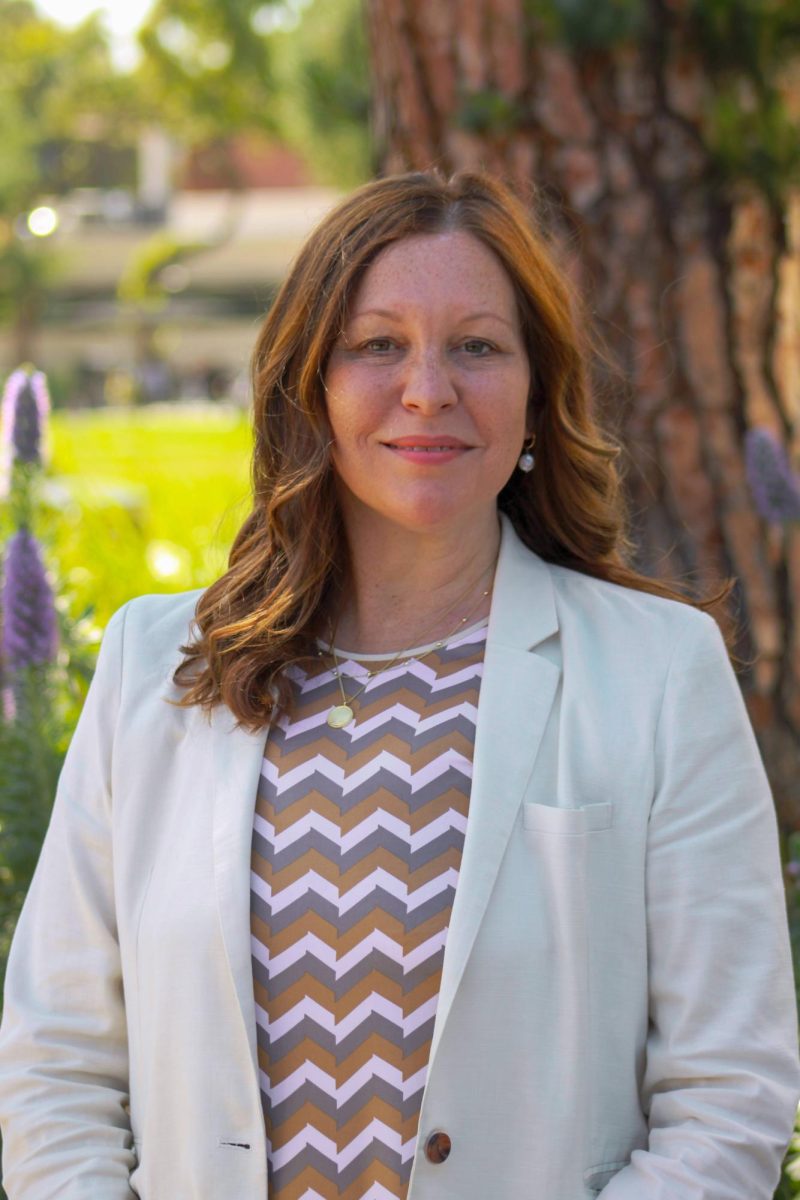By Armando Estrada-Rodriguez
Reporter
The CSU Board of Trustees, political commentators, and students disagree with the Governor Jerry Brown’s proposed budget in which he allocated less funds to the CSU system than the board requested. Brown’s reason is to siphon money into a rainy day fund.
To close the gap between the CSU spending plan and Brown’s budget for 2018-2019, the board will vote in May whether to increase tuition by four percent, or $228 per year. That would bring total annual tuition to $5,970.
On Jan. 30 CSU Chancellor Timothy P. White gave his annual address to students and faculty. He noted that cutting funds could lead to “a death spiral of lost quality and lost confidence. We cannot let our public university suffer that fate. The university is all about opportunity and prosperity, about social ascent and social justice.”
John Nilon, an alum from CSU Bakersfield and the alumni representative on the CSU Board of Trustees, at the same meeting in Long Beach, criticized Brown’s attempt to build up the rainy day fund at the expense of higher education.
“The governor chooses to put those funds in a rainy day fund, thereby creating the rainy day for CSU,” said Nilon, referring to Brown’s proposed budget putting more than $5 billion surplus in rainy day and disaster funds.
The rainy day fund represents 10 percent of the state general fund revenue for the first time since its conception and will make $13.5 billion available by June 2019.
Supporters of the rainy day savings cite the importance of maintaining California’s economic stability amidst any political, economic, or otherwise disastrous climate.
“It was just a few years ago that 30,000 teachers lost their jobs — they were laid off — and that will happen again if this rainy day fund is not fully available for the downturn,” said Brown in a press conference on Jan. 10.
According to the LA Times, Larry Gerston, a political science professor at San Jose State, said, “He’s very frugal with the public’s money. In a time when the economy is accelerating, opponents aren’t going to be too happy with that. His comeback is that what looks so good today might not look so good tomorrow.”
The Sacramento Bee reported that Assembly Speaker Toni Atkins (D-San Diego) said, “California’s budget today is balanced, and it’s in the best position in decades to withstand a future economic downturn.”
While some argue that preparing is never a bad thing, some question whether the lack of investment in education is failing to prepare where we cannot do so.
Bruce Hartsell, CSUB California Faculty Association chapter president, said, “An investment in public education is one of the best investments that can be made with public dollars, and the CSU is already underfunded to the point that several thousand qualified students are turned away each year — in a state predicted to have a shortage of college-educated workers in the near future.”
For now, students can expect to face a tuition hike. However, Hartsell notes that the CFA is not done advocating.
“Until the CSU has a guaranteed funding stream, like community colleges do, our stakeholders will continue to have to negotiate each year for funding,” said Hartsell.
Some students agree and see the irony in withholding education funds to invest in the state later.
Niles Parungao, a junior psychology major, said,“They need to be real and invest in our education.”
Senior engineering science major Michael Davalos questions why students have to take the blow of the budget. “Pay the president less, but seriously, a big portion of our tuition doesn’t even go to the students or the faculty that teach us,” said Davalos.
Sumaiya Olia, a junior biochemistry and religious studies major, sees both sides.
“As a student I obviously would have liked to pay less tuition. It is difficult for many students to pay the full tuition, especially those who have to pay their own rent and make ends meet. However, in the case of such an emergency, it would be for the greater good of the community if we did have some sort of emergency fund. I think it’s always better to be prepared for such events because they do not give a warning before falling upon us,” said Olia.
Criminal justice senior Abigail Herrera sees less of the rationality behind the allocated funds.
“I had to take out a loan this past year which I was not happy about. If you want people to be educated you have to provide the funding. A lot of people don’t have money. People with access to funds are generally people who were born into it. It’s my last semester but I’m still not happy about hikes,” said Herrera.
Andrew Avila, a junior nursing major, shares a similar opinion.
“If they have the funds why are they continuing to save? Billions of dollars is a healthy amount. It’s not right to raise tuition $300 if you have the funding. It’s already so expensive,” Avila said.







